Ep. 219 | The History of Tang Poetry (Part 2)
In Part 2 Laszlo will finish up an overview of pre-Tang poetry and show where everything went from the Classic of Poetry and Songs of Chu. Fu rhapsodies, Yue Fu poetry, and the works from the Jian’an era will be introduced.
Tang poetry didn’t arise out of anything. It was the collective genius and creativity of all these pre and post-Qin Chinese literati who built the foundation that the Tang masters built on.
Please come back for Part 3 where we’ll finally get to the early Tang.
Listen On Your Favorite Podcast Player
Terms in Episode
| Pinyin/Term | Chinese | English/Meaning |
|---|---|---|
| Bān Gù | 班固 | Writer of great fu poetry but better known as the compiler of The Book of Han |
| Chángshā | 长沙 | Present day capital of Hunan province |
| Cháng’ān | 长安 | Ancient capital of more than a few dynasties/ Present day Xian |
| Chìbì Fù | 赤壁赋 | Two great Fu poems by Su Shi that marked the watershed battle in ancient Chinese history in 208 CE |
| Chǔ Cí | 楚辞 | the Songs of Chǔ the Verses of Chǔ |
| Chǔ State | 楚国 | Warring States kingdom that ran from 403 to 227 BCE |
| Chǔcí Zhāngjù | 楚辞章句 | The received version of the Songs of Chǔ that we read in our day |
| Cáo Cāo | 曹操 | All-time legendary great from Chinese history. Lived 155-220 CE |
| Cáo Pī | 曹丕 | Lived from around 187-226. Son of Cao Cao and the founder of the Cao Wei Dynasty |
| Cáo Zhí | 曹植 | Lived from 192-232. Brother to Cao Pi, son to Cao Cao |
| Cí | 辞 | A form of poetry often translated as "lyric poetry" |
| Diào Qū Yuán Fù | 吊屈原赋 | Lament for Qū Yuán, a Fu poem by Jia Yi |
| Dù Fǔ | 杜甫 | Another famous Tang poet. We'll get to him in Part 5. |
| Emperor Shùn | 汉顺帝 | Seventh emperor of the Eastern Han. Reigned 125-144 |
| Emperor Wǔ of Liáng | 梁武帝 | Liang Dynasty founder, reigned 502-549. Great patron of arts and letters |
| Fù | 赋 | Also referred to as rhapsodies . More about the Fu genre next episode |
| Fúniǎo Fù | 赋鸟赋 | “On the Owl”, one of Jia Yi's other great Fu masterpieces |
| Guò Qín Lùn | 过秦论 | “Disquisition Finding Fault with Qin” also by Jia Yi |
| Guō Màoqiàn | 郭茂倩 | Compiler of the definitive anthology on Yuefu poetry. It contained almost 5,300 Yuefu poems. |
| Gǔ Shī | 古诗 | the old classical stuff told in a style more inline with the times. The verses were five characters long and later seven. |
| Gǔ Shī Shíjiǔ Shǒu | 古诗十九首 | “Nineteen Ancient Poems” |
| Han Dynasty | 汉朝 | Ran from 202 BCE to 220 CE |
| Han Emperor Wén | 汉武帝 | Fourth son of the founder Gāozǔ. Reigned 180-157 BCE |
| Han Emperor Āi | 汉哀帝 | Han emperor who reigned 7 to 1 BCE. No a big patron of the arts and letters |
| Han Xiàn emperor | 汉献帝 | Final emperor of the Eastern Han Dynasty, reigned 189-220 |
| Heisei Era | 平成时代 | The Imperial Era Name of Japanese Emperor Akihito from Jan 8, 1989 to April 30, 2019 |
| Hàn Gāozǔ | han gao zu | Han founding emperor, reigned 202 to 195 BCE |
| Jiàn’ān | 建安 | The final era of the Han Dynasty and final era of the final emperor. It ran from 196 to 220 |
| Jiàn’ān Fēnggǔ | 建安风骨 | The style of Jian'an poetry |
| Jiàn’ān Qīzǐ | 建安七子 | Seven Scholars of Jiàn’ān, men of the day who received the highest acclaim for their literary achievements during Cáo Pī’s reign |
| Jiǎ Yì | 贾谊 | Writer, poet, politician from Western Han. Lived 200-169 BCE. A pioneer in the new style of Fu poetry |
| Jī Kāng | 嵇康 | Lived 223-262. Chinese writer, poet, Daoist philosopher, musician and alchemist of the Three Kingdoms period. He was one of the Seven Sages of the Bamboo Grove |
| Luoyang | 洛阳 | One of China's ancient capitals, located in Henan province. |
| Lí Sāo | 离骚 | Qu Yuan's masterpiece, Li Sao, "Encountering Sorrow" |
| Líu Zhēn | 刘桢 | Scholar anf poet of the Eastern Han, lived from 180-217. One of the Seven Scholars of Jian'an |
| Lǐ Bái | 李白 | Famous Tang poet. We'll get to him in Part 4. |
| Mùlán | 花木兰 | Before becoming a Disney sensation, this story of Hua Mulan was told in a Yue fu poem |
| Qiánlóng | 乾隆 | Qing Dynasty emperor, reigned 1735-1796 |
| Qín Shǐhuáng | 秦始皇 | The first Qin Emperor, unifier of ancient China |
| Qū Yuán | 屈原 | Chu poet and official who lived from around 340 to 278 BCE |
| Reiwa Era | 令和时代 | The new Japanese Imperial Era name that will commence with the accession of Prince Naruhito to the throne. |
| Ruǎn Jí | 阮籍 | One of the Seven Sages of the Bamboo Grove. Poet and musician of the Eastern Han. Lived 210-263 |
| Ruǎn Yǔ | 阮瑀 | one of the Seven Scholars of Jiàn’ān. Father of Ruan Ji. |
| Shī-Sāo | 诗骚 | The poetry of the Book of Odes and the Songs of Chu |
| Shījīng | 诗经 | The Book of Odes, Book of Songs, the Classic of Poetry |
| Sòng Huīzōng | 宋徽宗 | Northern Song emperor, great patron of the arts and letters. reigned 1100-1126. Came to a bad end. |
| Sīmǎ Qiān | 司马迁 | Han Dynasty historian. Lived around 145 to 86 BCE |
| Sīmǎ Xiāngrú | 司马相如 | Lived during Western Han around 179-117 BCE. Chinese poet, writer, musician, and politician. They love him in Chengdu |
| Sū Shì / Sū Dōngpō | 苏轼 / 苏东坡 | One of the all-time greats in Chinese history, He was a little big of everything and great at whatever he did. Featured in CHP episode 175 |
| Táng Xuánzōng | 唐玄宗 | Tang emperor whose reign was called the High Tang (as far as poetry goes). He reigned 713-756 |
| Wáng Càn | 王粲 | One of the Seven Scholars of Jian'an, Eastern Han scholar, official and poet |
| Wáng Wéi | 王维 | Another famous Tang poet. We'll get to him in Part 5. |
| Wén Xǔan | 文选 | “Selected Works” This was the most important literary source for students and scholars during the Tang and for many years after. |
| Wǔ yán shī | 五言诗 | Five Character Poems pentasyllabic-line verse |
| Yuè Fǔ | 乐府 | The Music Bureau and the poetry that was in the style of the Music Bureau |
| Yuèfǔ Shījí | 乐府诗集 | The name of the anthology written by Guo Maoqian |
| Yáng Xióng | 杨雄 | Lived from 53 BCE–18 CE. Chinese poet, philosopher, and politician of the Han dynasty known for his philosophical writings and fu poetry |
| Yèchéng | 邺城 | modern day Hándān 邯郸 in Hebei Province |
| Yī Shì zhī xióng | 一世之雄 | a hero for the age. |
| Zhou Dynasty | 周朝 | Ancient Chinese dynasty ran 1046 to 771 BCE |
| Zhúlín Qī Xián | 竹林七贤 | Seven Sages of the Bamboo Grove |

































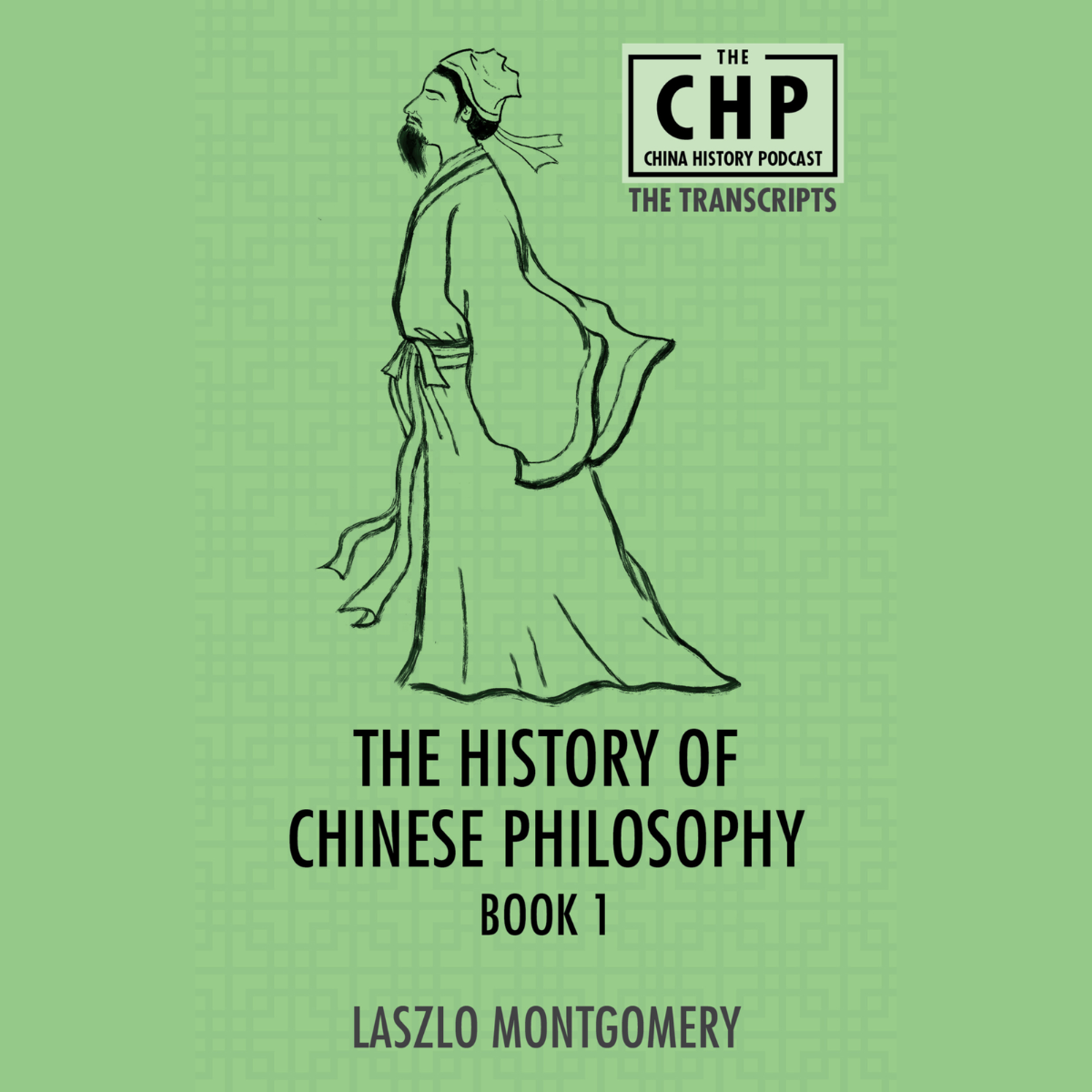
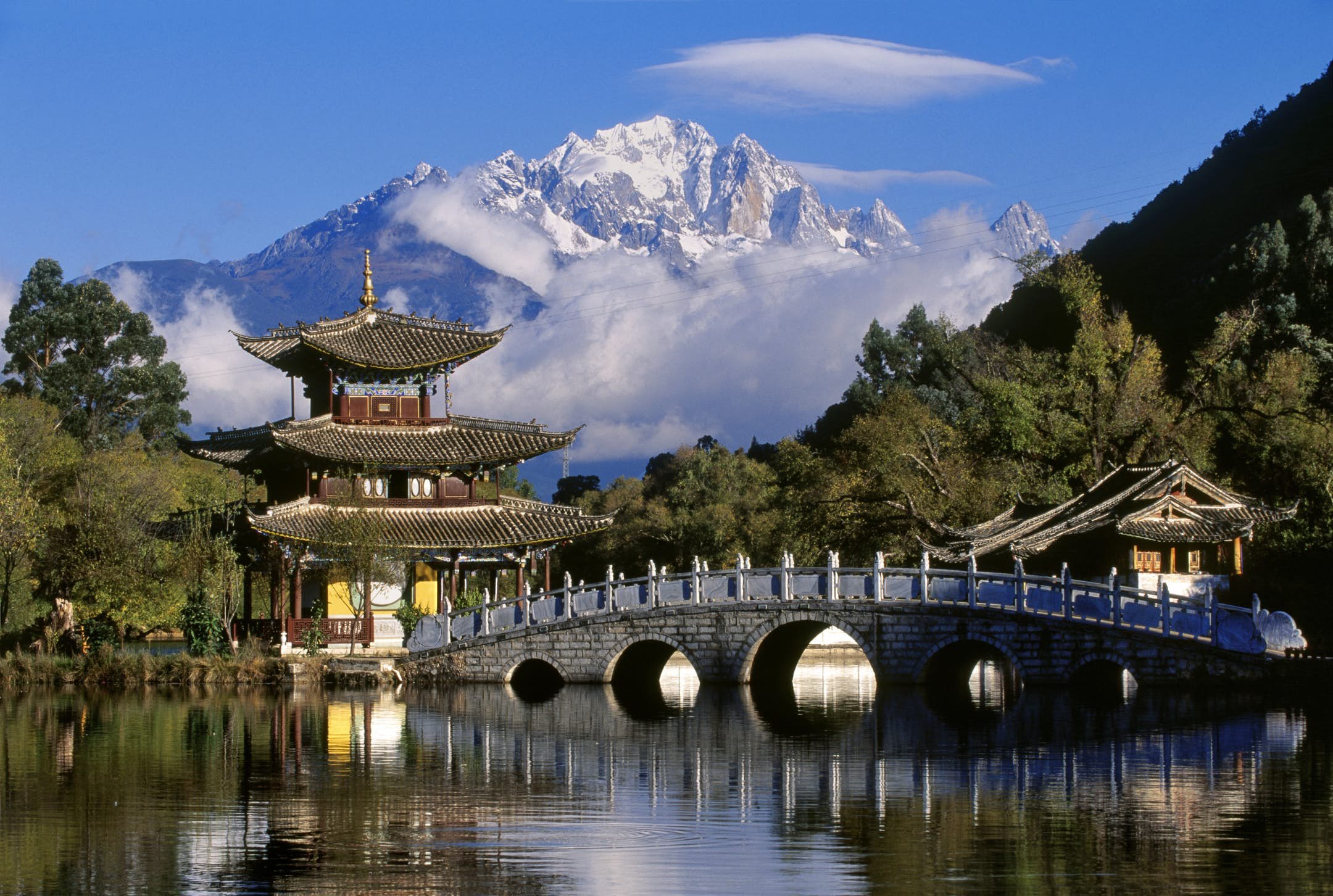
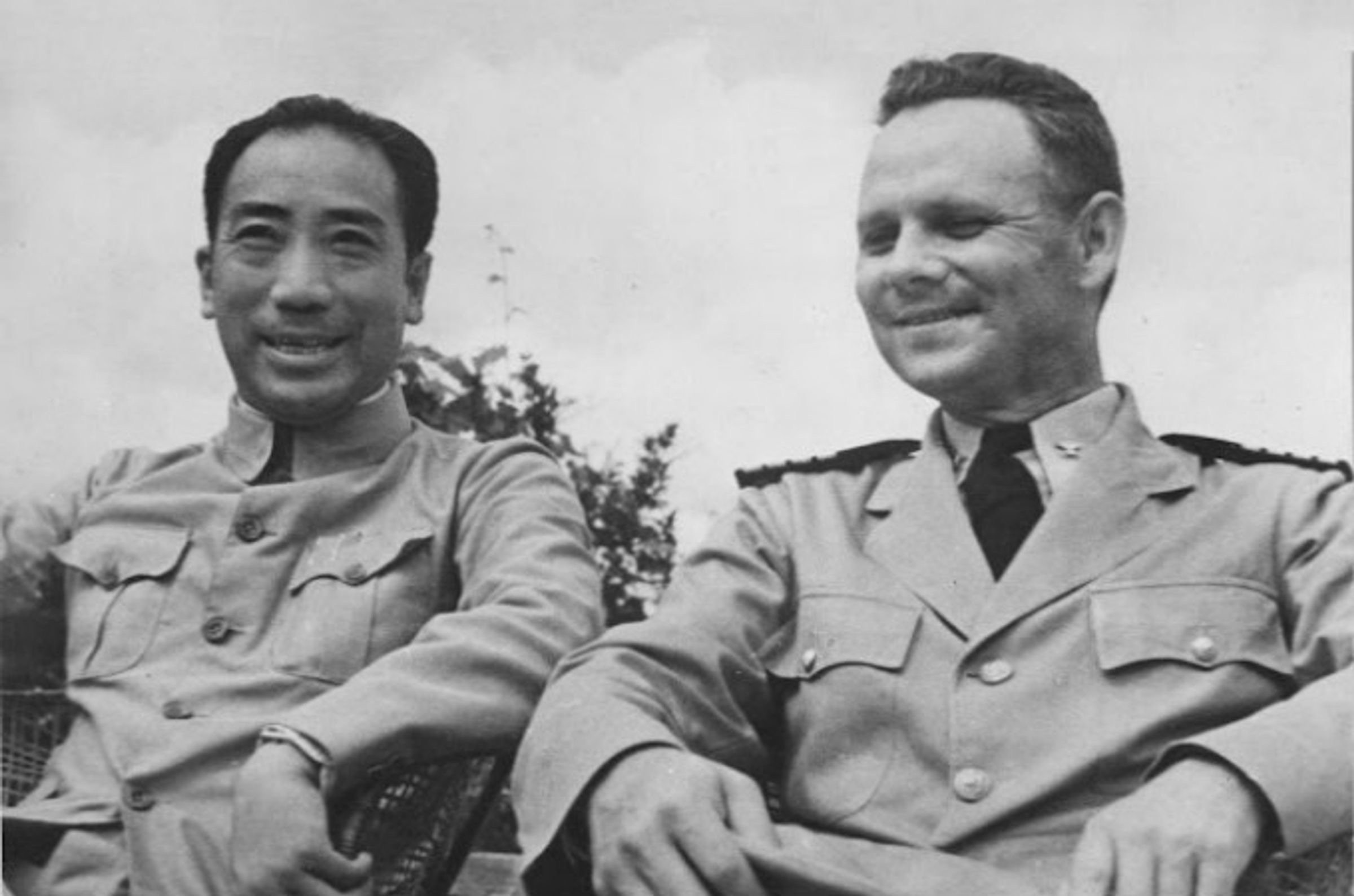
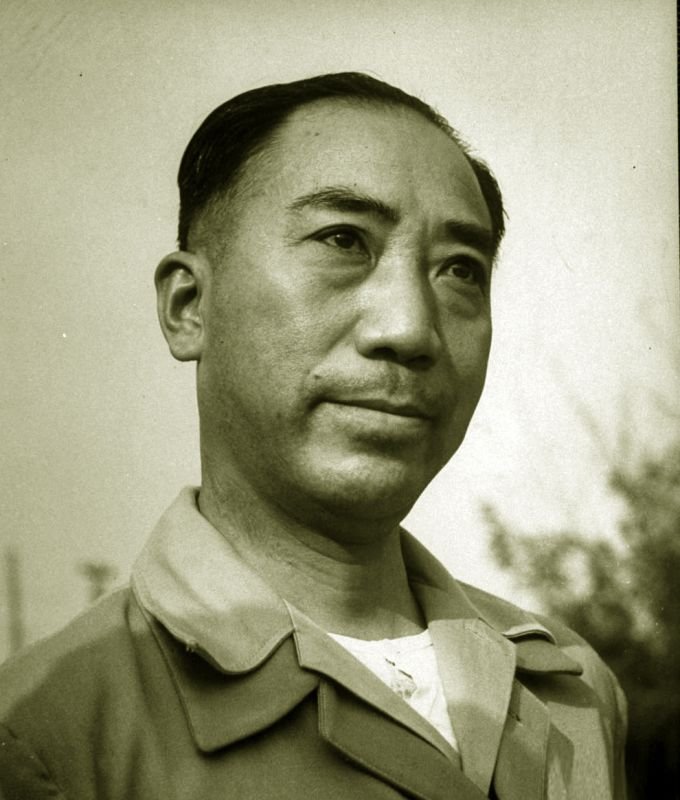
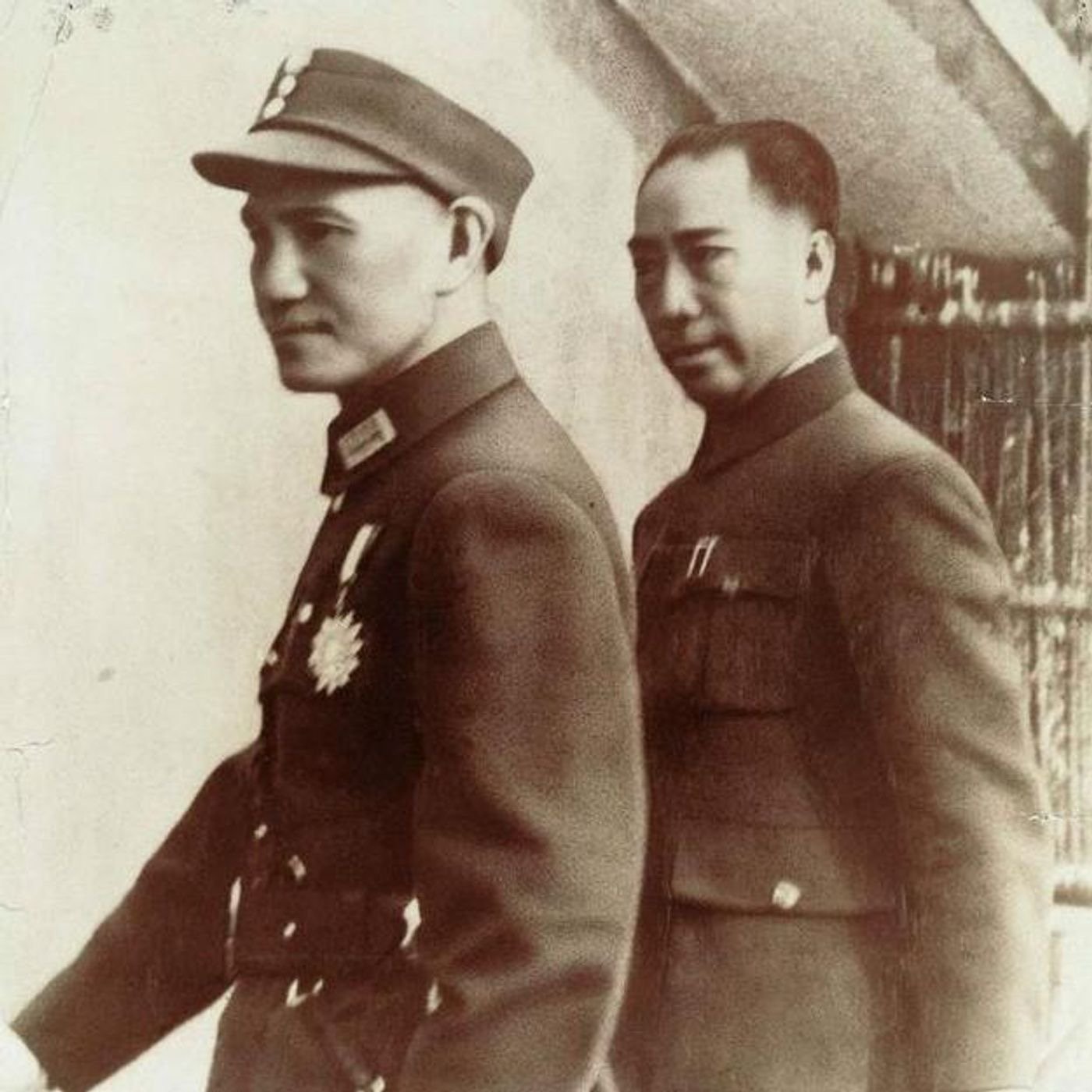
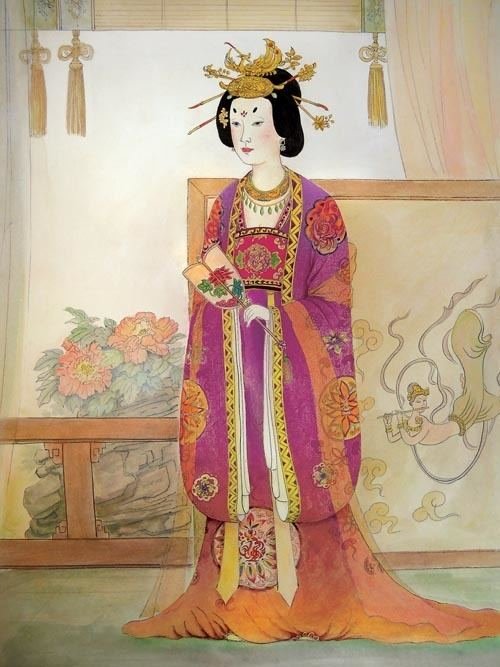
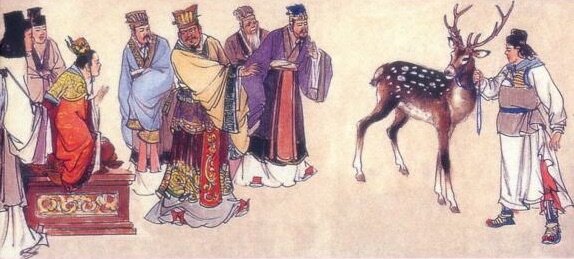
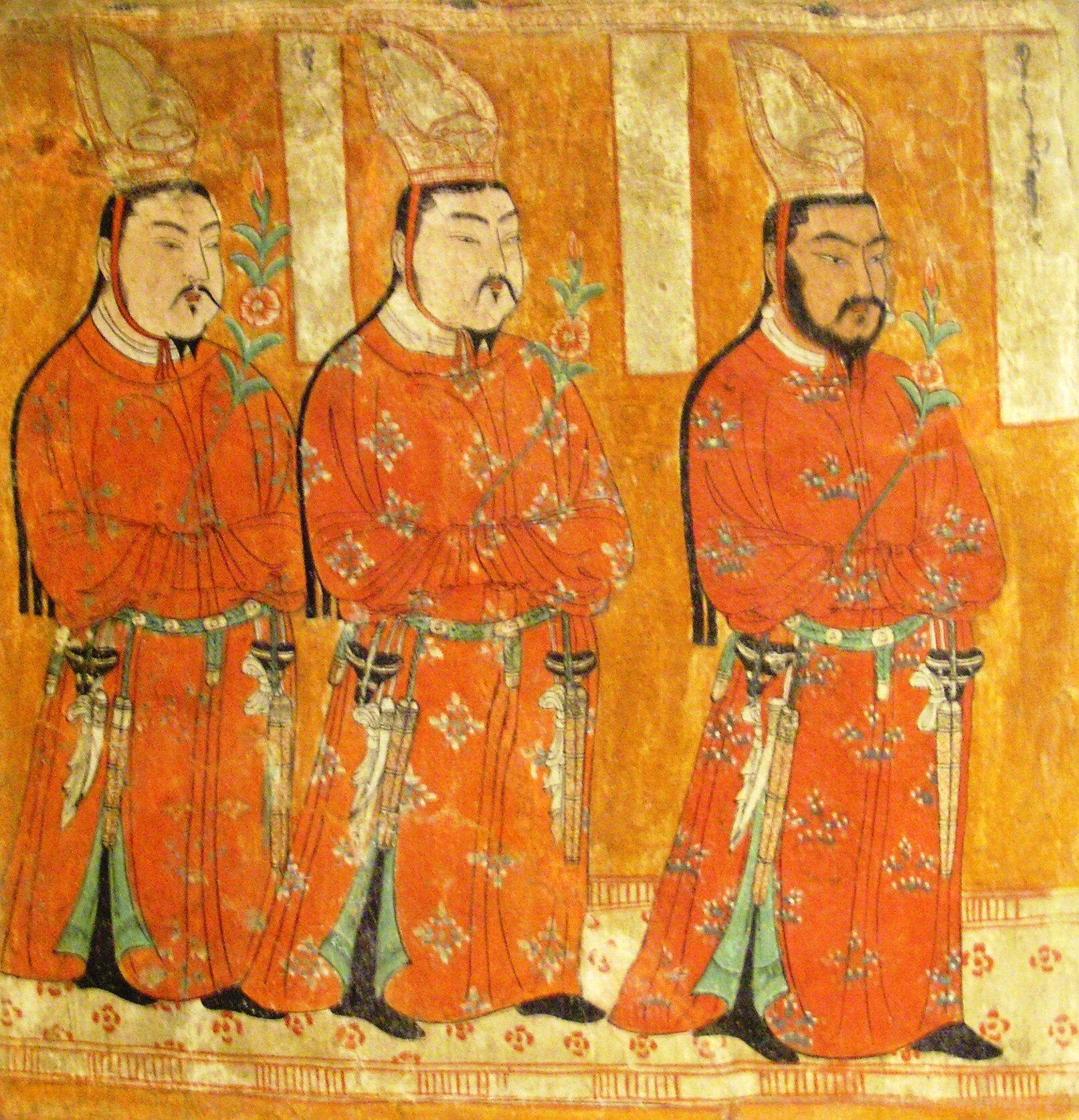
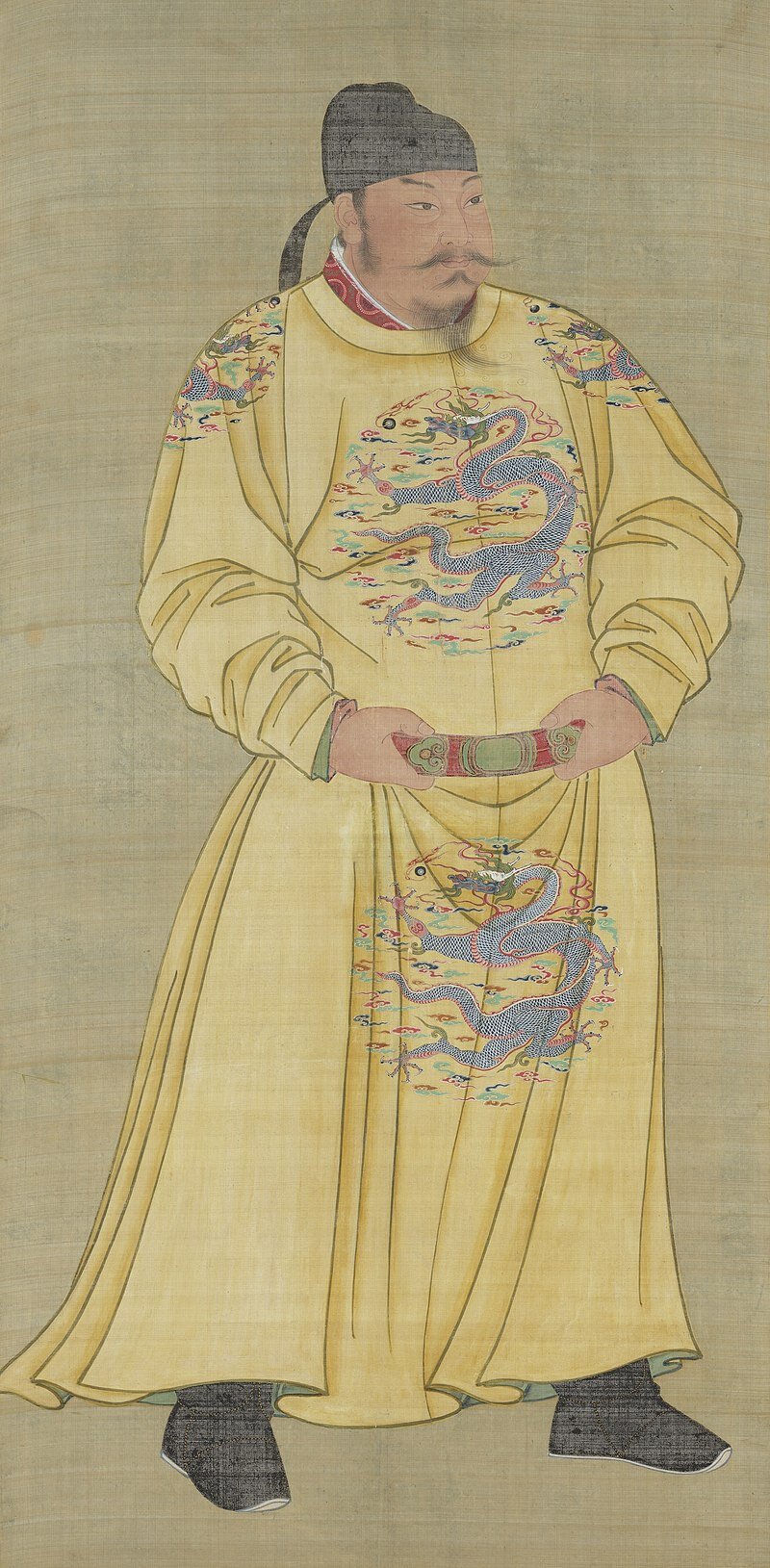
Pre-Confucian Philosophy during the Zhou Dynasty